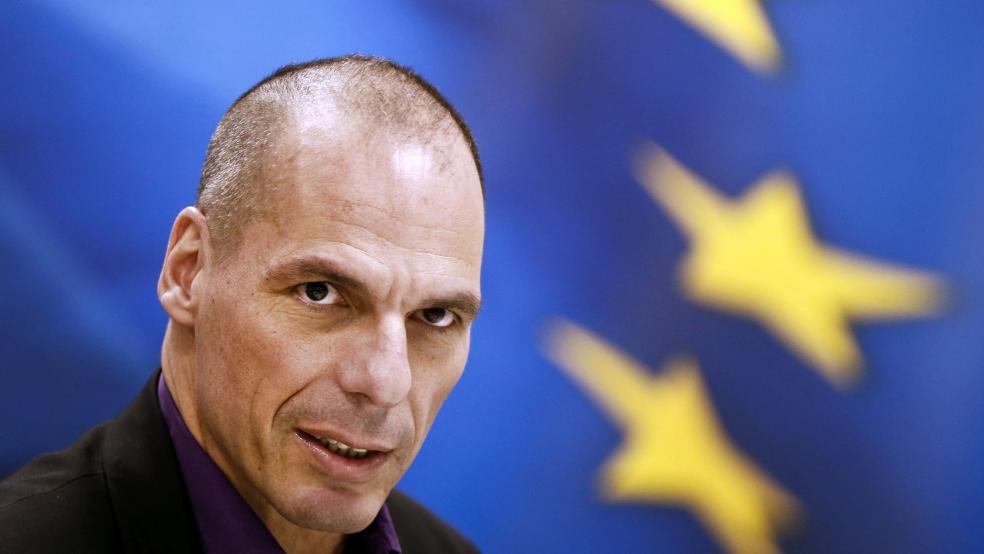CERNOBBIO, Italy - (Reuters) - European policymakers warned on Saturday against excessive optimism following the launch of the European Central Bank's bond buying program, with Governing Council member Ignazio Visco saying interest rates could not remain near zero forever.
The ECB began a program of buying sovereign bonds, or quantitative easing, on Monday with a view to supporting growth and lifting euro zone inflation towards its target of just under 2 percent.Visco, Italy's central banker, said the euro had weakened faster than expected since the ECB first hinted at the move and there were risks the program could overshoot its goal, as well as fuel an excessive rise in the prices of financial and real estate assets."We must try to get inflation close to 2 percent as quickly as possible," Visco told a conference in Cernobbio, on the shores of Italy's Lake Como, where policy makers and company executives gathered to discuss the economic and financial outlook for Italy and Europe."We can't keep interest rates at zero forever or for an ultra-prolonged period of time," Visco said. The ECB cut its main policy rate to 0.05 percent at the beginning of September. Earlier on Saturday, Greek Finance Minister Yanis Varoufakis told the same conference that the ECB's purchases could fuel an unsustainable equity rally without promoting investments in the real economy.FRAGILITYVisco said this week's poor figures on Italian industrial output showed the economic situation remained fragile despite a "new optimism" among investors that was lacking only a few weeks ago. "It's a sign that we need to be careful about excessive optimism ... there is still fragility," he said.A warning against excessive optimism on Saturday came also from Italian Economy Minister Pier Carlo Padoan, who said domestic companies still lacked confidence to make the most of the opportunities offered by the ECB's ultra-loose monetary policy.He said the Rome government would try to take advantage of the current situation to push through reforms that enhanced growth in the longer-term, so that the ECB's move did not simply translate into a short-term boost."There is a macroeconomic window of opportunity which is bigger than we thought a few weeks back ... (but) one should not be excessively optimistic," Padoan said at the Lake Como conference.Visco said Bank of Italy projections put the country's economic growth at between 0.5 and 1.0 percent this year and above 1.5 percent in 2016.The Italian economy shrank for a third consecutive year in 2014. (Additional reporting by Elvira Pollina and Giulio Piovaccari; Editing by Raissa Kasolowsky)Europe's policymakers warn against excessive optimism over ECB's bond buying

© Alkis Konstantinidis / Reuter



